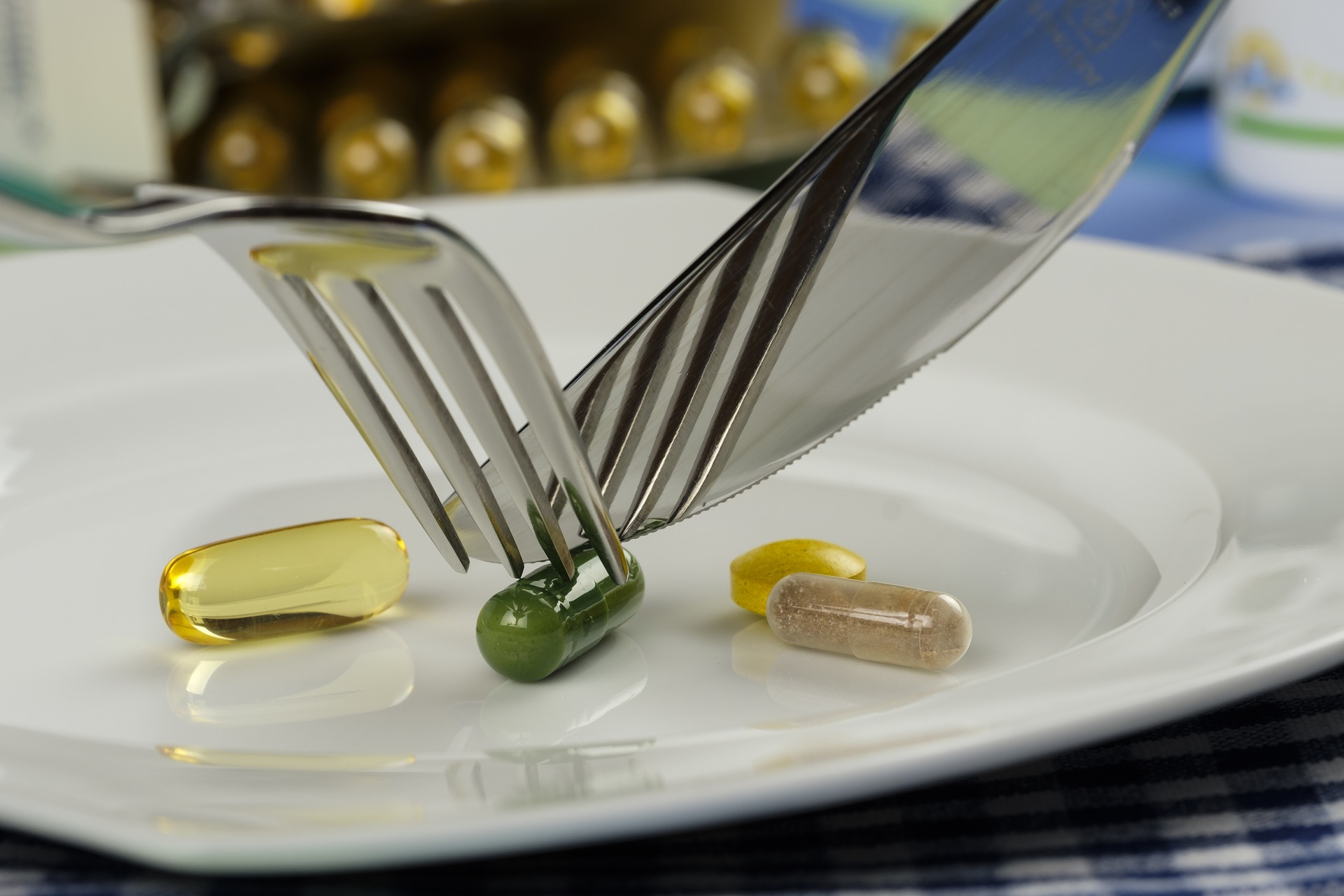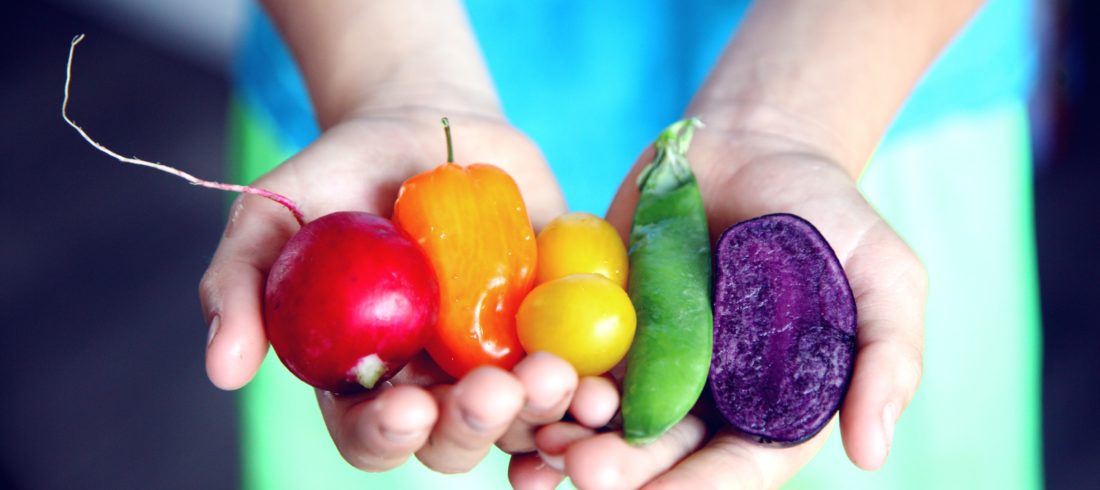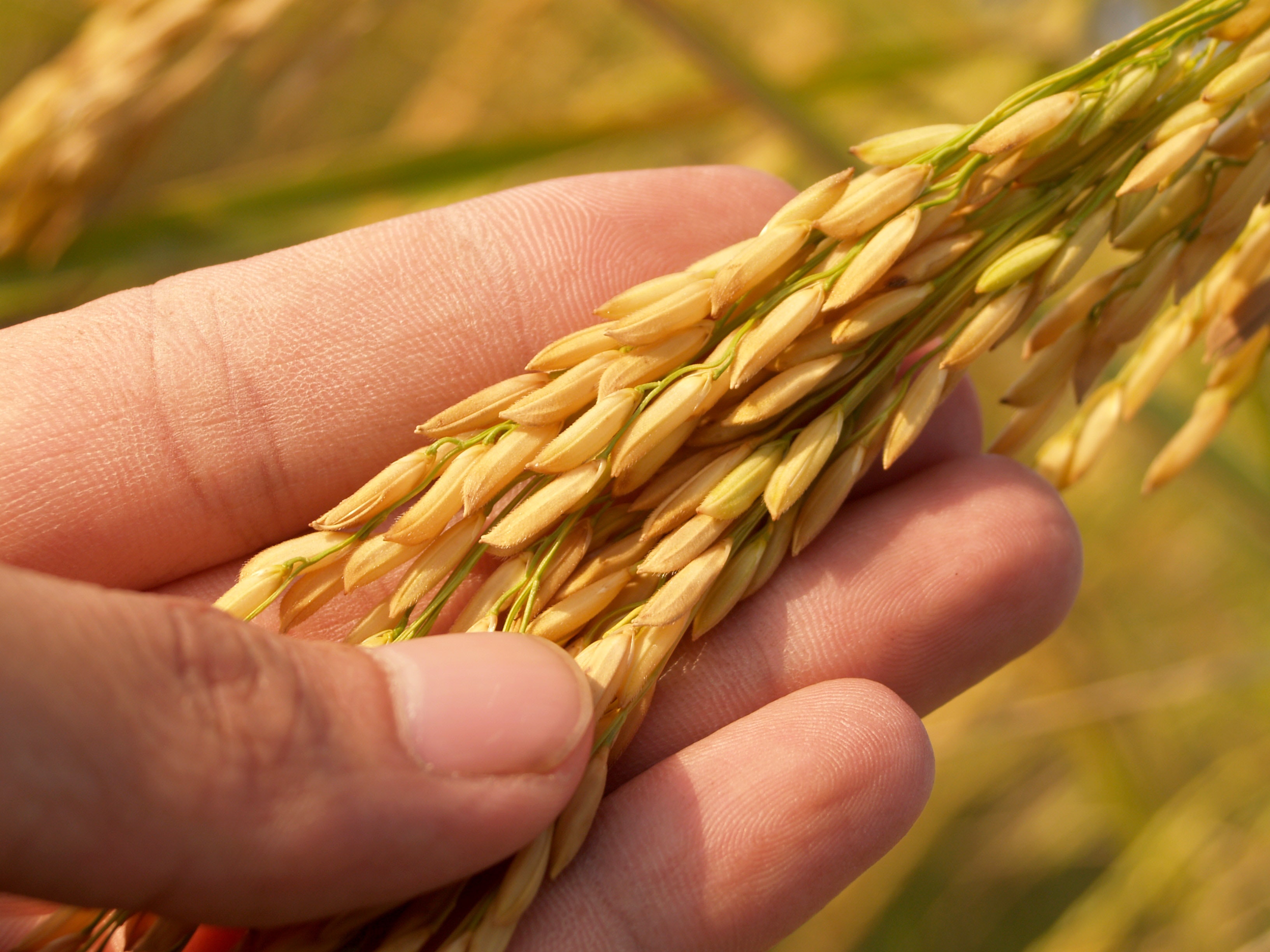Colon Health is Whole Body Health
Maintaining your body’s overall health through healthy eating is something you often hear about, but sometimes it’s hard to convert this knowledge into a positive lifestyle. This post is going to explore why this is essential and the many different ways your diet and food choices have a tremendous impact on how you feel and can help prevent the third deadliest cancer in the U.S., colon cancer and rectal cancer – known collectively as colorectal cancer.
The good news about good nutrition, it’s not just for your colon
Good healthy food is partly about offering pleasure to your senses, partly about having a social occasion when you eat it, and most of all it is about nourishing all parts of your body – your heart your brain, your bones, and of course, your colon!
Only a very small number (less than 10 percent) of colon cancers are hereditary, which means that lifestyle choices are a significant factor in developing or avoiding this disease. According to the American Cancer society, adopting a diet high in vegetables, fruits and whole grains and low in red and processed meats reduces your risk of colon cancer. Here are some of their guidelines for maintaining good health and reducing disease.
The link between body weight and cancer risk
Being overweight or obese is clearly linked with an increased risk of several types of cancer:
- Breast (among women who have gone through menopause)
- Colon and rectum
- Endometrium (lining of the uterus)
- Esophagus
- Kidney
- Pancreas
How to lose weight and lower your risk of colorectal cancer
We know it isn’t easy, in fact we know it’s very hard and we’re not going to fool you. However, the trick to success is trying to make it pleasant, even fun. The good news is the more you lose, the better you feel, physically and mentally. The other good news is that the positive combination of increased exercise and eating a healthy diet has an especially important effect on your colon, because that’s where your food goes prior to leaving your body.
Plant foods help prevent all kinds of cancer
The American Cancer society advises eating at least 2 ½ cups of vegetables and fruits each day. You can achieve this by:
- Including vegetables and fruits at every meal and for snacks.
- Eating a variety of vegetables and fruits each day.
- Emphasizing whole fruits and vegetables; choose 100% juice if you drink vegetable or fruit juices.
- Limiting your use of creamy sauces, dressings, and dips with fruits and vegetables.
Whole grains are a whole lot better for you
Not only do whole grain breads, pasta, cereals such as barley and oats, brown rice and whole wheat pastas taste better, they also provide increased nutrients and higher fiber for better digestion.
Limiting red meat and processed meat
The World Health Organization released a report in 2015 that brought together twenty-two experts from 10 countries who reviewed more than 800 studies to reach the following conclusions regarding processed meat as a carcinogen (or cancer causing agent). The results were startling:
- Eating just under two ounces (50 grams) of processed meat every day increased the risk of colorectal cancer by 18%. That’s the equivalent of about 4 strips of bacon or 1 hot dog
- For red meat, there was evidence of increased risk of colorectal, pancreatic, and prostate cancer.
What can you eat instead? The American Cancer Society Guidelines on nutrition recommend choosing fish, poultry and beans. However, so as not to remove all fun from our diet, they say that the “occasional hot dog or hamburger is okay.” Just don’t make a habit of it.
You’re better off with less alcohol
When it comes to drinking alcohol, it’s not the type of alcohol that matters, it’s the amount you consume. Negative effects of overconsumption are well known in terms of social problems, but when it comes to risking cancer, fewer people are aware of the impact of alcohol. Alcohol is known to cause cancers of the:
- Mouth
- Throat (pharynx)
- Voice box (larynx)
- Esophagus
- Liver
- Colon and rectum
- Breast
Can I drink alcohol at all?
You can drink but the recommendation is that people who drink alcohol should limit their intake to no more than 2 drinks per day for men and 1 drink per day for women. The recommended limit is lower for women because of their smaller body size and slower breakdown of alcohol.

Taking supplements isn’t a substitute for eating well
Because higher vegetable and fruit intake reduces cancer risk, scientists have been attempting to learn which specific nutrients from these foods are responsible. Unfortunately, as yet, studies have not found that supplements containing certain nutrients (like vitamins) reduce cancer risk, and some have even suggested they may cause harm. This is complicated because researchers must try to choose how best to give the supplement, including the exact dose, what group of people to give it to, and how long to give it for, which isn’t always known.
Although not all studies of nutritional supplements reducing cancer risk have been disappointing, there is no overwhelming evidence supporting their use in lowering cancer risk.
Five top tips to eating for colon health
The Rush University Medical Center has assembled these useful tips for a diet that supports a healthy colon
- Limit consumption of red meat and processed meats
- Two four ounce servings of red meat per week
- Instead have chicken, fish, beans, tofu and other protein sources
- Reduce sugar intake
- Studies have found that people with ulcerative colitis and Crohn’s disease often have diets high in sugar and low in fiber
- Increase the fiber in your diet
- The best way to add fiber into your diet is through fiber-rich fruits and vegetables, such as raspberries, pears, apples, bananas, oranges, cooked artichoke, peas, broccoli and corn
- Whole grains and legumes are also good sources of fiber
- Fiber aids colon health, keep you regular and prevents constipation. This may then lower your risk of developing hemorrhoids and small pouches in your colon that can lead to diverticular disease
- Increase your calcium
- Studies show that calcium and vitamin D can decrease the risk of colorectal cancer in men. But the American Cancer Society doesn’t recommend that men increase their calcium intake beyond 2,000 milligrams per day. More than that can increase the risk of prostate cancer
- Men and women should get their recommended daily dose of calcium by drinking three to four eight-ounce glasses of low-fat or fat-free milk. Dark leafy greens are good sources of calcium including kale and collard greens
- Choose whole grains
- Whole grains keep their naturally occurring nutrients: fiber, minerals, vitamins, essential fatty acids and antioxidants
- Eat more of these whole grains include barley, quinoa, whole wheat flour, wild and brown rice and oatmeal
Best way to prevent colon cancer? Get screened!
In our last blog article we explained how colon cancer screening saves lives.
If you haven’t read it, please read it. If you haven’t seen a gastroenterologist, make an appointment and keep up with screening. You, and your colon, will be glad you did.
Image Sources:
https://www.pexels.com/photo/tilt-shift-lens-photography-of-five-assorted-vegetables-1196516/
https://www.pexels.com/photo/agriculture-asia-autumn-barley-236473/
Image by Bruno Glatsch https://pixabay.com/photos/pills-tablets-drug-medical-3114364/


